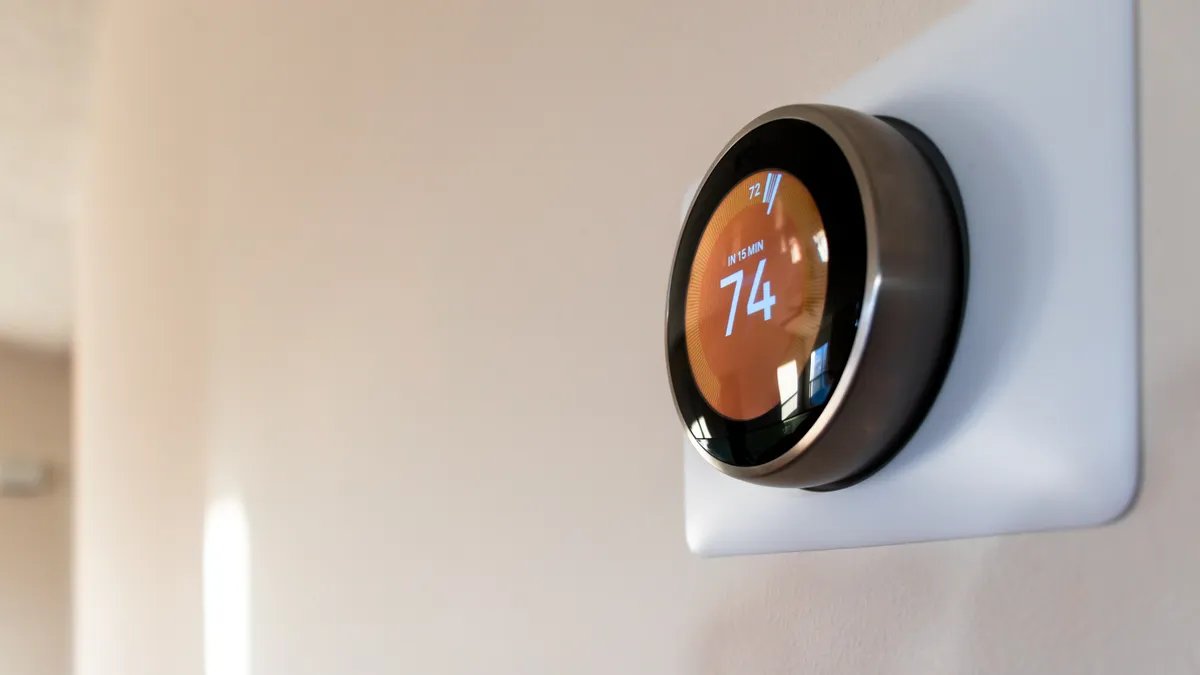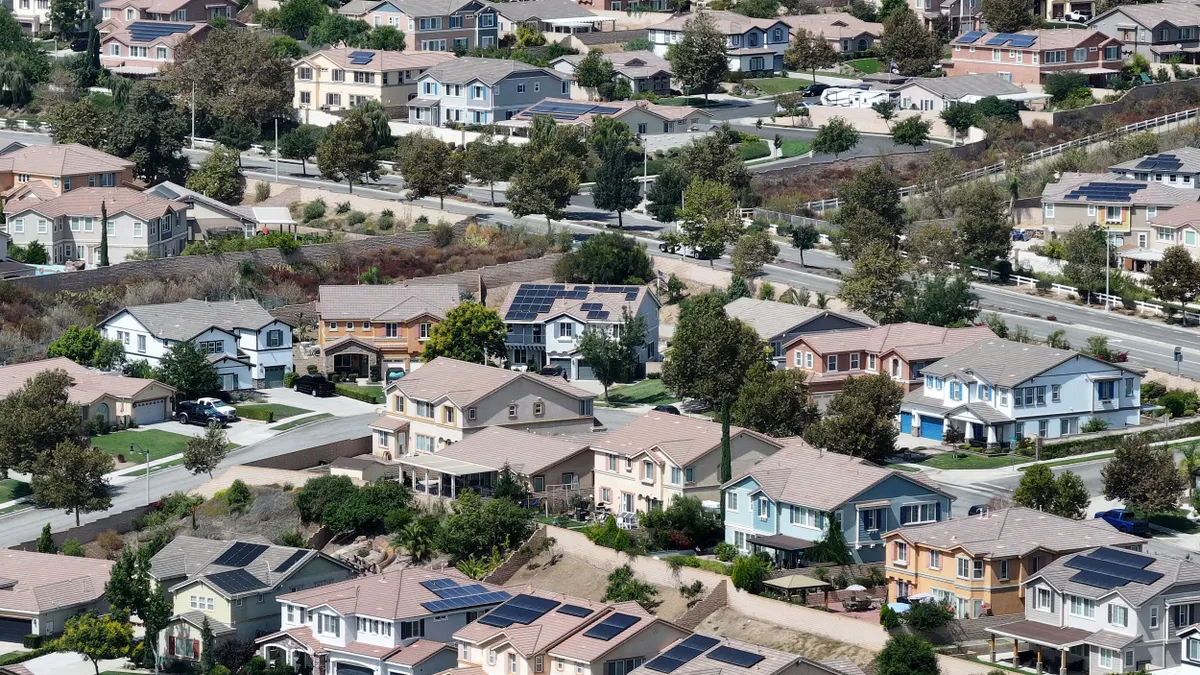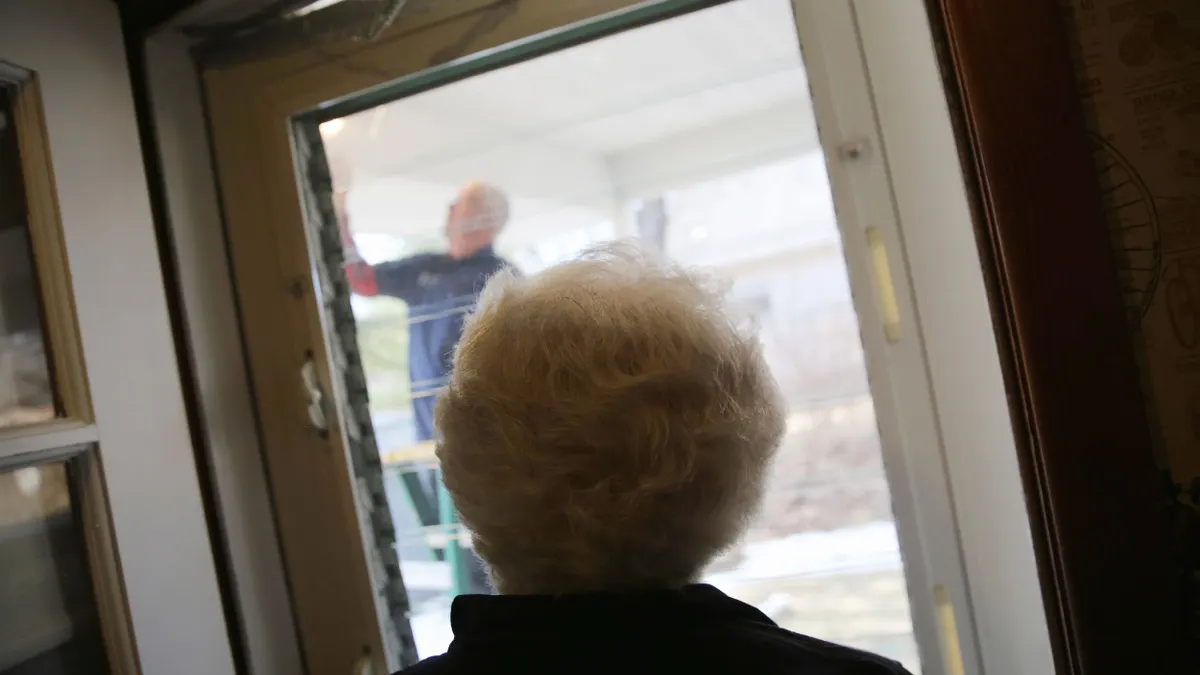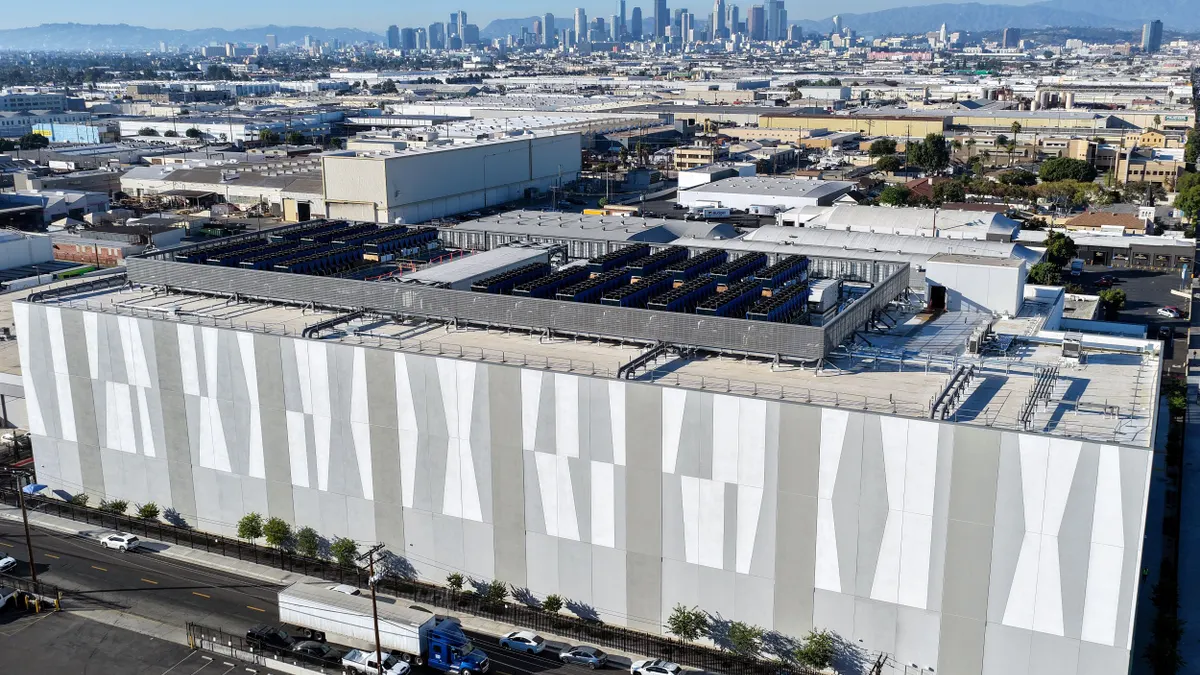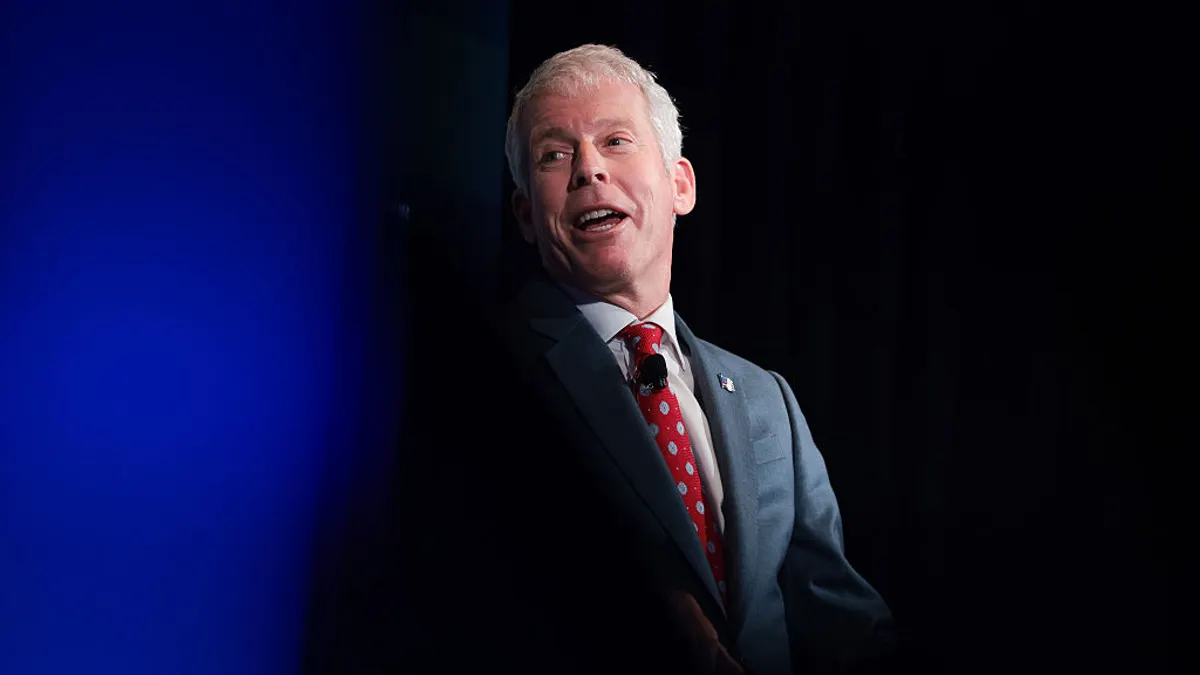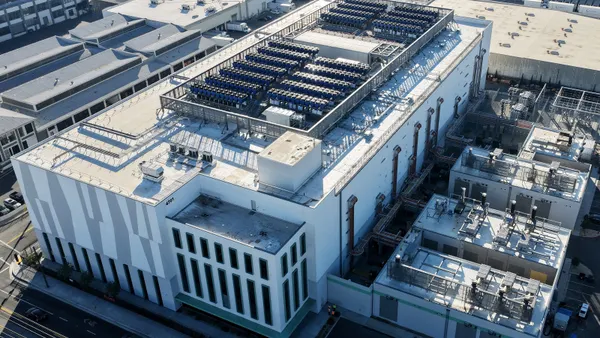Electric utilities are not famous for being in touch with their customers. In fact, until recently, utilities referred to customers as ratepayers — a functional term, sure, but not exactly consumer-friendly.
But as utility monopolies face disruption from new market entrants, preserving the customer relationship is quickly gaining importance. Yet questions remain: What do electricity consumers really want? And can utilities give it to them?
The results from Deloitte's fourth annual consumer survey, released at the consulting giant's 2014 energy conference on Tuesday, may shed some light.
Even after recession, residential consumers seek savings
“In the first year we did the study, it was clear that consumers were reacting to the recession,” said Greg Aliff, vice chairman and senior partner at Deloitte's Energy & Resources practice. Consumers actively explored ways to cut costs and “saving on electricity consumption was one of those areas.”
But as the economy recovered, electricity use did not. Deloitte found consumers continued to look for ways to reduce electricity consumption “even though consumers were feeling much better about themselves economically,” Aliff noted. “They weren’t going to go back to where they were before.”
Deloitte's findings pointed to a growing trend of customers wanting to be self-reliant for their energy needs.
Just 3% of consumers have rooftop solar, according to the Deloitte survey, but 40% say they are "very or extremely interested" in installing the technology. Interestingly, the second-most cited reason for installing solar panels was "the belief [...] that there would be power in the event of an outage," Aliff said.
Although customers were split on whether they had more or less power outages in the last year as compared to previous years, 32% of those who believed they had more outages said they had already purchased or planned to purchase a generator in the next six months.
Businesses looking for growth
For business customers, the story is a little different.
“For a very long time, green trumped green,” Aliff said. “It was always about the bottom line.”
Very few businesses are interested in sustainability for sustainability’s sake. These types of customers’ motivations for energy efficiency are “all about cost-cutting and staying competitive,” Aliff said.
Starting a few years back, businesses’ energy efficiency goals were “very aggressive,” Aliff said, pointing to an average target of 22-23% load reduction over a three-and-a-half year period. Companies progressed towards these goals, but did not meet them, on average.
But last year, Deloitte noticed something change. “All business sectors across the U.S. — with the exception of energy — had changed their focus from cost-savings to growing the top line,” Aliff said. “Growth became the dominant theme for businesses.”
For businesses, energy management is becoming more of a "recognized discipline," Aliff said, noting that many companies believe the practice is necessary "for their organizations to be successful."
The reason? In previous years, cost-cutting and staying competitive were the primary drivers for energy management's increased strategic importance, Aliff said, “but now tax credits and incentives have moved way up on the list of motivations for energy management programs.”
Can utilities align their business models with consumers' desires?
Despite consumers paying more attention to energy issues, Deloitte discovered they are not well informed.
"When you ask them questions about where their electricity came from – what fuel generated it? – most of the time they told you what they thought and they didn’t really have a clue," Aliff said. "And when you ask them if they had choice of electricity supplier, even those in states that had choice, many of them didn’t believe that they had choice or weren’t sure."
"They were attuned," he observed. "But the level to which they were informed was suspect."
This opens the door for utilities, which Deloitte found to be the primary source of energy advice for consumers.
"[Consumers] are looking for good decision-making information that will allow them to commit to spending money on wiser energy purchases or more efficient use of energy," said John McCue, vice chairman and leader of Deloitte's U.S. Energy & Resources practice. "They’re open to that trusted advisor out there if they can find one."
A new paradigm: Behavioral connectivity
The Internet enables consumers to seek out information like never before, and that has led to the rise of behavioral connectivity, McCue said. Behavioral connectivity occurs when consumers share opinions and make purchasing decisions based on their social and technical connectivity.
"This is becoming leading edge when it comes to financial services or retail products, but it’s naïve to think that this type of purchasing behavior is not going to come to the energy industry,” McCue said. Behavioral connectivity is “essentially the birth of a new form of demographics.”
“As we have more and more deregulated purchasing, and more and more insights available via online connectivity, this type of decision-making will creep into the energy industry,” McCue said.
Echoing David Crane's manifesto to empower the American energy consumer, McCue predicted that the "energy companies that figure out how to understand, to analyze, and then take action upon behavioral connectivity will be the winners in the future.”







